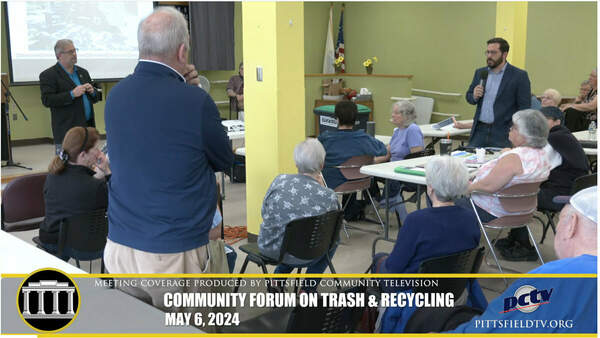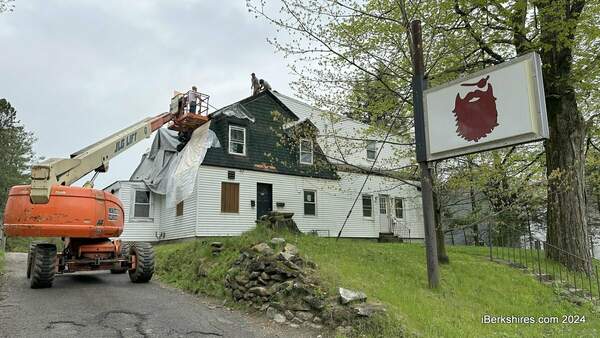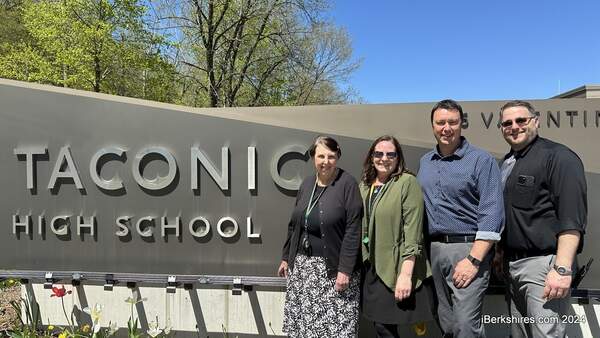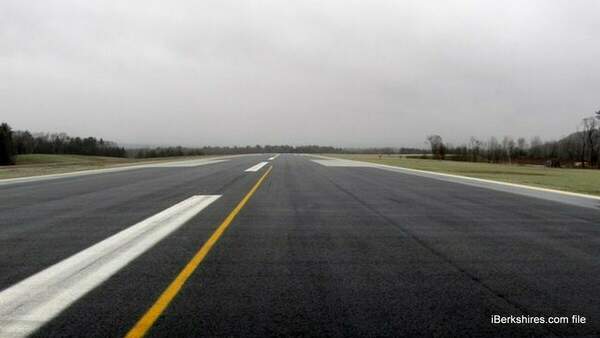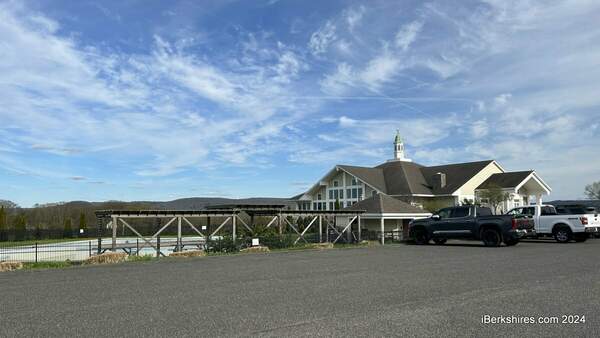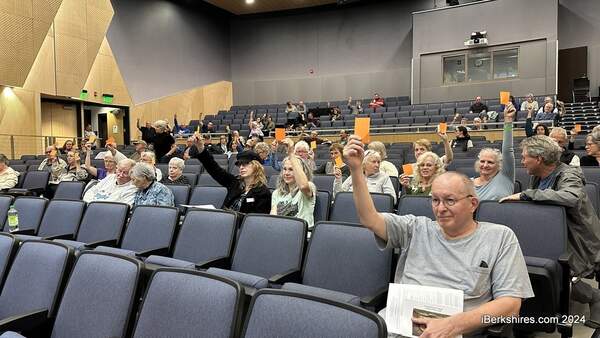Pittsfield Looks To Extend Arts District
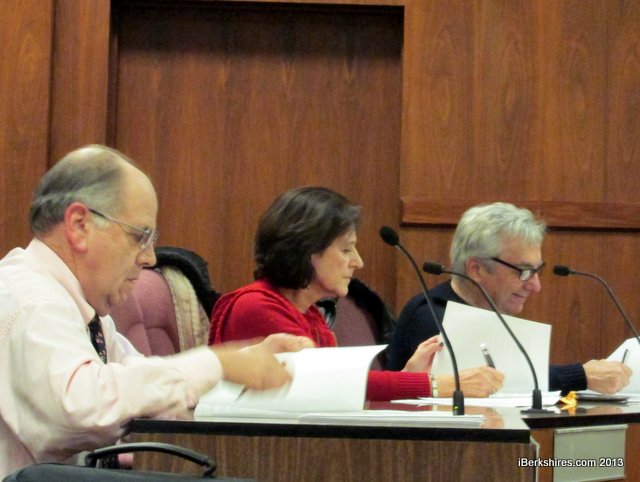 The Community Development Board approved extending the district on Tuesday night. The Community Development Board approved extending the district on Tuesday night. |
PITTSFIELD, Mass. — The city is close to extending the Arts Overlay District, a set of zoning laws that provides tighter controls over development, to First Street.
But, it won't affect the current debate over the plans to turn the former Plunkett School into Dunkin' Donuts.
Cafua Reality Trust filed and received a "subdivision approval is not required" determination from the Community Development Board on Tuesday night, which freezes the current zoning for the 151 First St. parcel for three years. A later approval to extend the Arts Overlay District to areas of First Street will not affect that parcel for three years but puts in motion the new regulations, which ultimately have to be approved by the City Council.
"We're submitting it to protect the zoning use for three years," said James Seidl, of SK Design Group who represented Cafua.
The Arts Overlay District would have banned a drive-through window at the building. A drive-through has been denied by the city but an appeal is pending in land court.
The district changes what types of businesses can operate in that area — encouraging more "mixed use" development. The overlay, which is currently North Street, encourages arts-related development and housing. The district also has a provision requiring new or redevelopment to file for a special permit.
The City Council already approved a text amendment for the current district to allow even more types of business.
Since the text portion was added, City Planner C.J. Hoss said he has been approached by a brewery looking to open downtown — breweries were added to the approved usage.
But the Community Development Board didn't approve the extension easily. The board was split between those who felt major downtown redevelopment projects should have an extra eye on them and those who felt it was bad for business.
"I think the language of the Arts District is flawed," said board member David Hathaway, particularly regarding the special permit requirement.
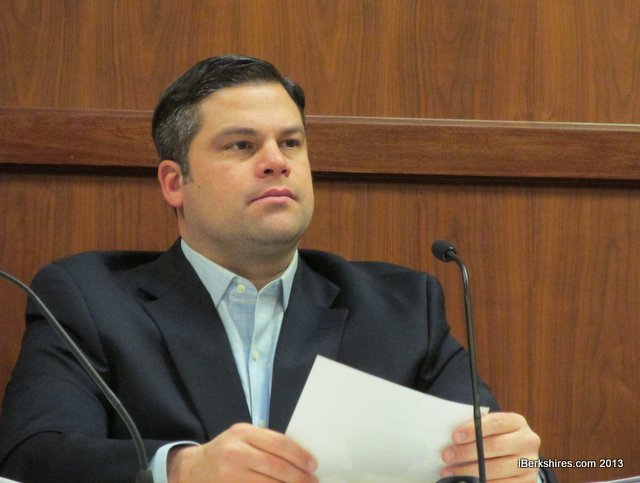 Tuesday was Alf Barbalunga's final meeting after 14 years. Tuesday was Alf Barbalunga's final meeting after 14 years. |
Hathaway says going to the process of a special permit adds significant costs to a project and one some companies or non-profits can't afford. Hathaway added that making the changes also shouldn't be done while there is still an appeal pending.
Alf Barbalunga said he too isn't in favor of it because it discourages future businesses from looking at sites in that area.
Floriana Fitzgerald, however, said it is the "right thing to do" because of pedestrian safety and encouraging walking in the downtown. Chairwoman Sheila Irvin cited the state's investment in the First Street Common and the city's farmer's market as ways First Street in linked to the downtown activities.
"I feel special permits give the city an opportunity to look closer at plans," Irvin said.
As for Dunkin' Donuts, while they have a three-year window now, they are concerned the district overlay will hurt their future redevelopment.
"I think it is bad zoning and bad for business," said attorney Thomas Hamel.
Tuesday was also Barbalunga's final meeting on the board after 14 years. Barbalunga served on the board in various capacities and was thanked for his service.
Tags: arts overlay district, community development,

